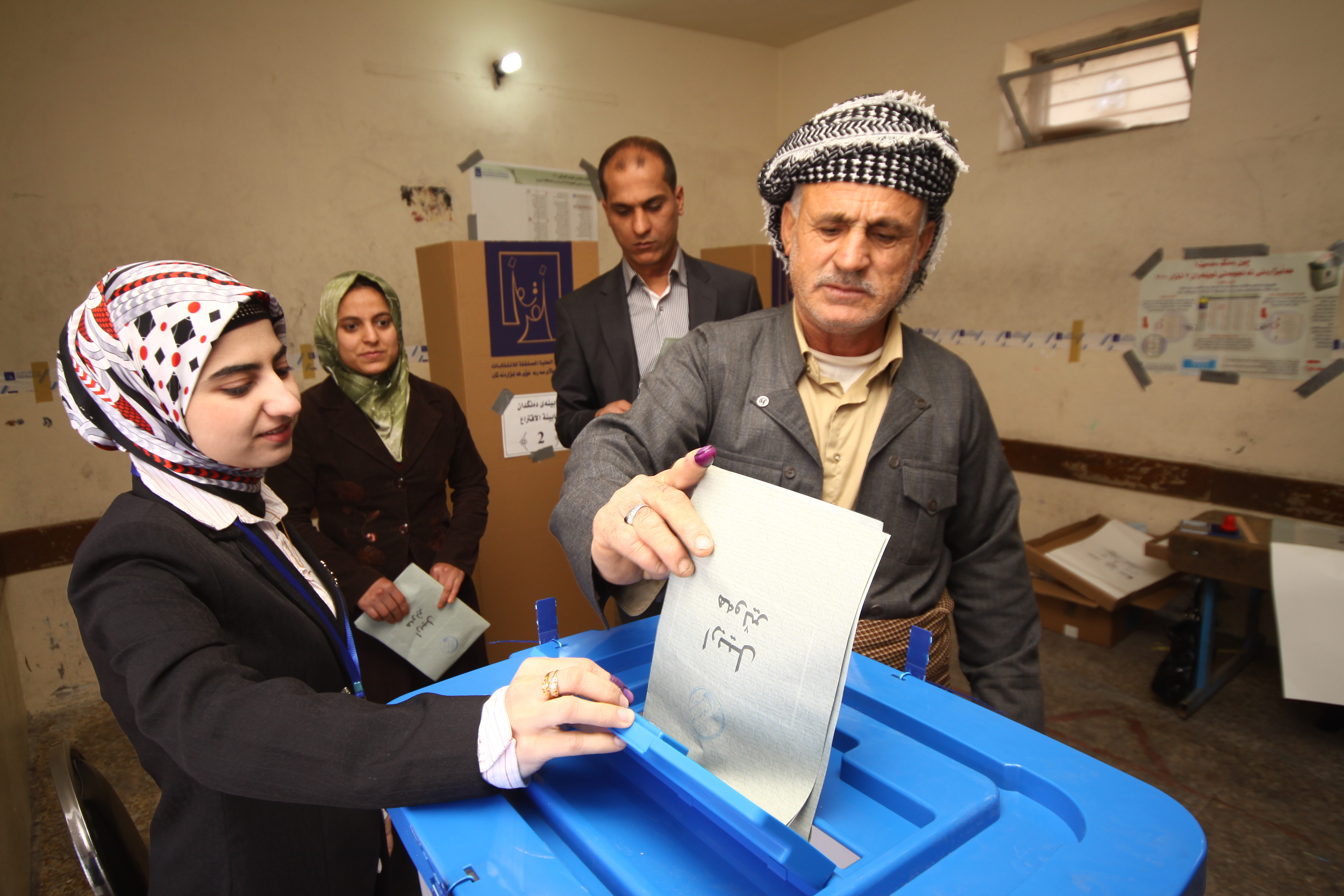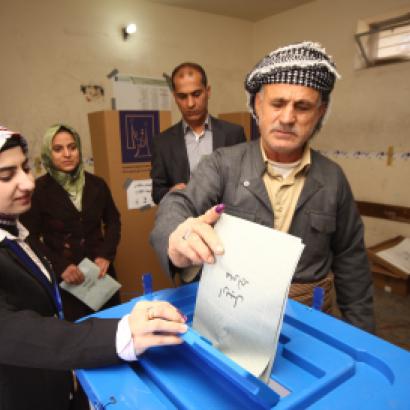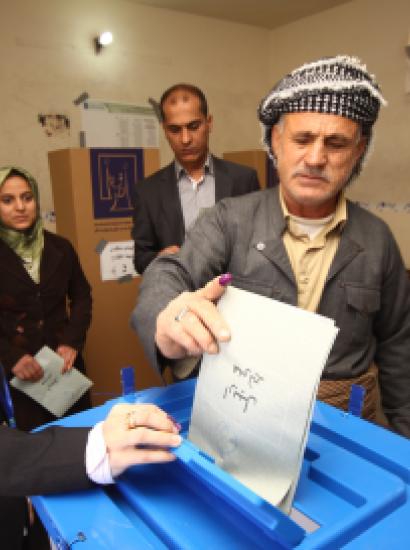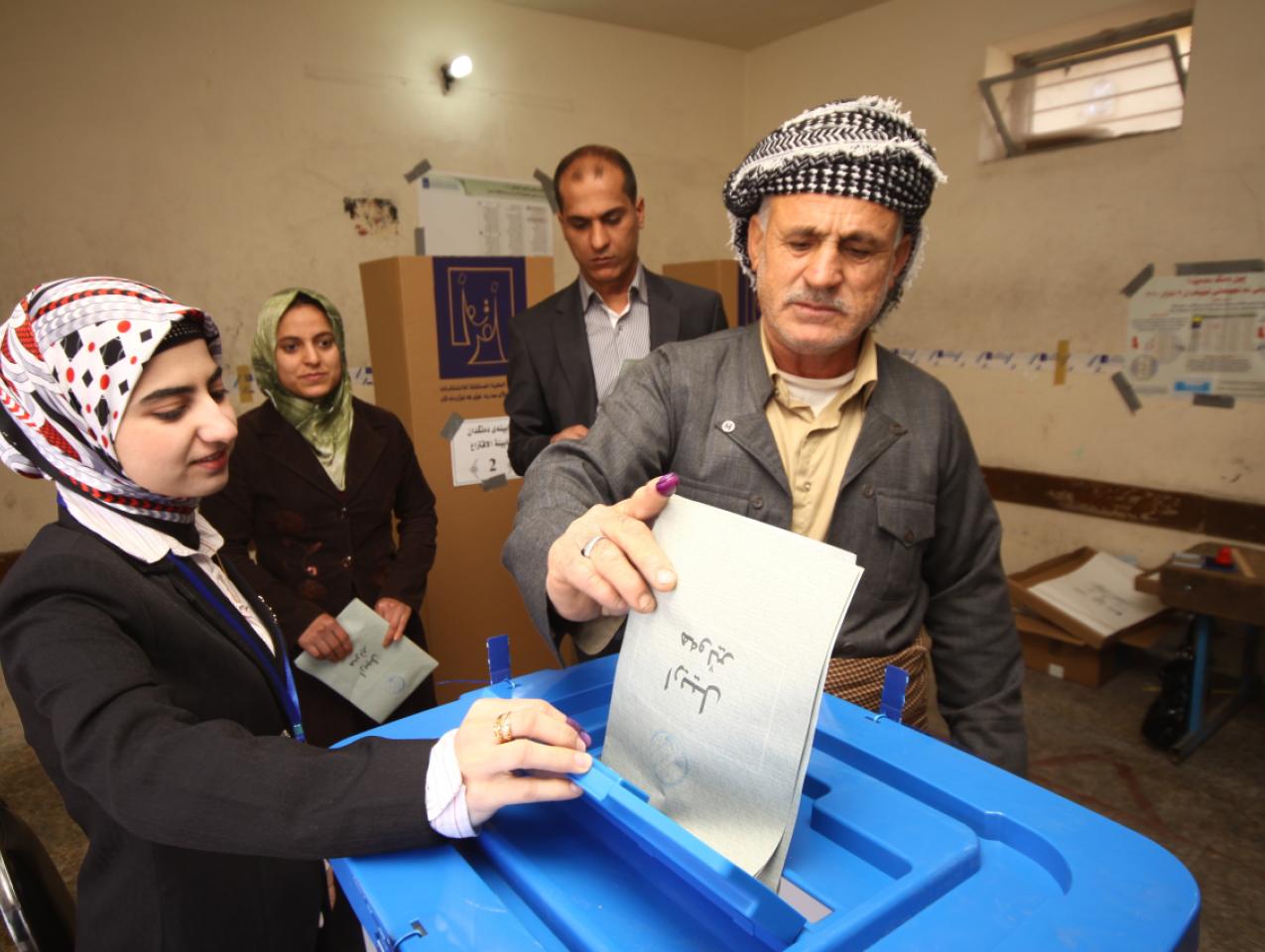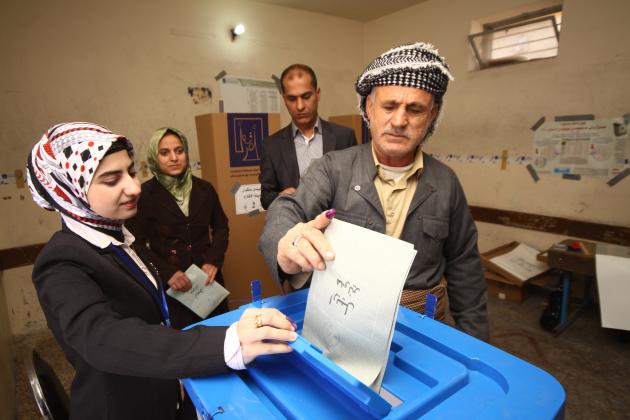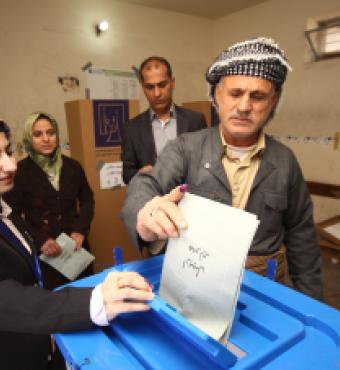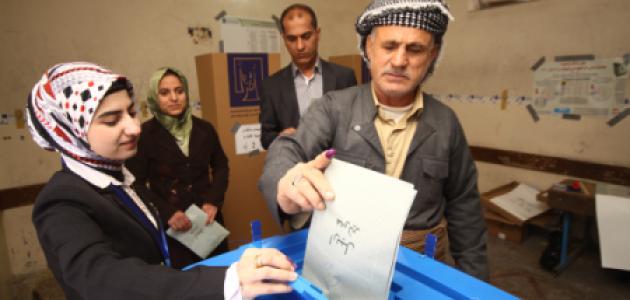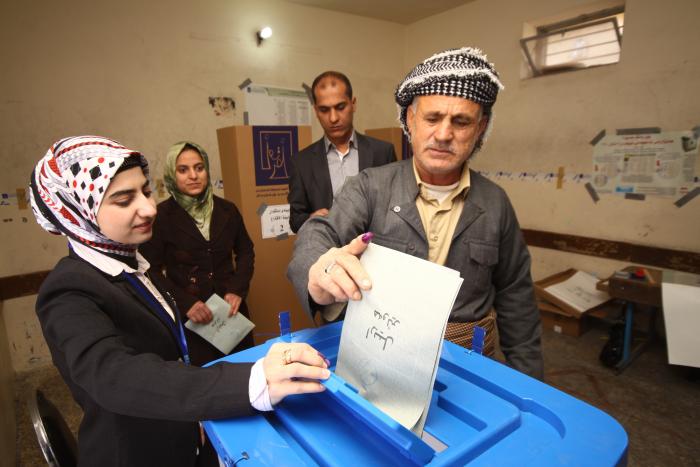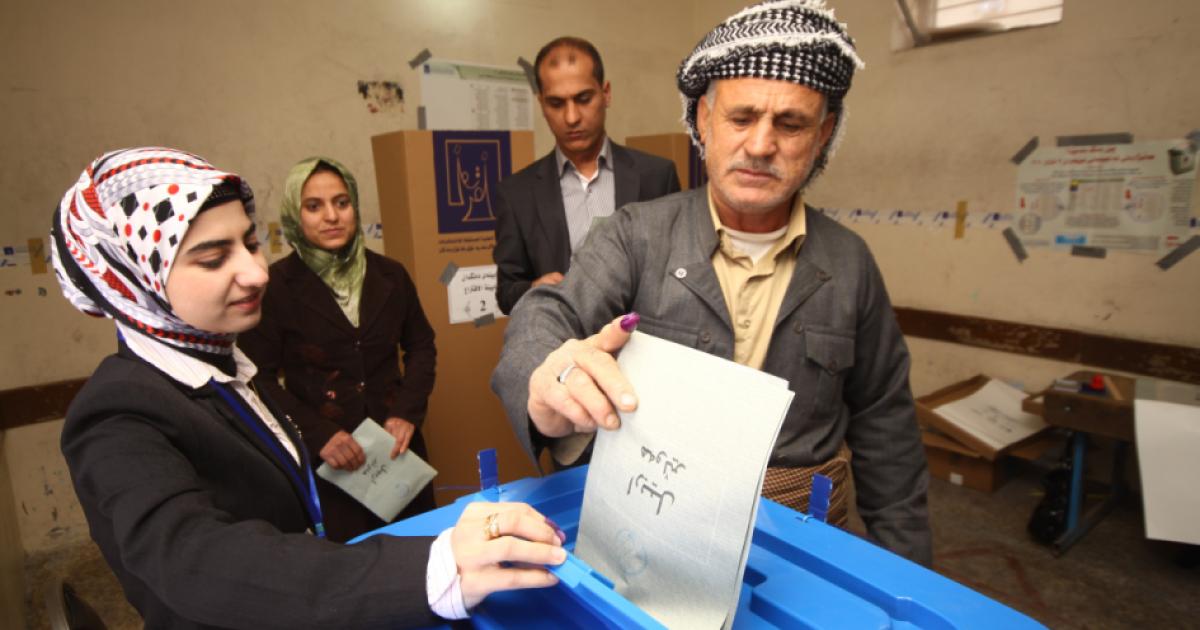- Economics
- Security & Defense
- US Defense
- History
- Contemporary
Two crucial debates underlie America's present situation in the Middle East. The first concerns whether the United States can graft a democratic system on an authoritarian regime such as Iraq's, a state that has no history of democratic rule. The second debate involves the sources of differences between the West—the societies of Western Europe and North America—and other cultures around the globe.
To understand how Western political and economic systems might be transplanted into a post-Saddam Iraq, we need to understand what is "Western" about our culture, politics, and economics. Those three aspects were not only developed in tandem but mutually support one another.
The West's first distinctive characteristic is its culture of literacy and individuality. Written records undercut oral myths, established factual accuracy, and allowed authors to adopt critical positions that challenged received opinion. Over several centuries, this gave rise to a culture whereby individual integrity trumped the conformism of community doctrine. This legacy of literacy and critical thinking became linked to a Judeo-Christian religious sensibility. The result is a culture that emphasizes the sanctity of life, the value of the individual, and redemption through historical progress.
The West's second distinctive characteristic is its political institutions. Those institutions take three forms: electoral suffrage, federalism, and checks and balances. Those forms operate jointly to limit the authority of government and thereby reduce the stakes of politics. They also work to limit corruption and rent seeking (a person or group seeking to obtain special political favors at the expense of others). Those institutions accomplish these goals either by creating ex ante vetoes that limit their leaders' discretion (for example, presidents must obtain congressional approval before acting on new policy proposals) or by creating ex post sanctions on leaders who exceed their authority (by being voted out of office).
The West's third characteristic is its system of economic institutions that support markets. Markets exist in other parts of the world, but only in the West do political institutions enforce property rights with such uniformity. Indeed, in most developing societies political officials prey on markets and private property. In many nations, administrators enforce some individuals' property rights but not others—giving rise to cartels and thereby precluding competitive markets.
The combination of a culture of individualism, institutions of limited government, and free market economies has succeeded in unleashing human creativity, producing wealth, and raising people out of poverty.
As beneficial as it would be to reproduce these conditions in Iraq, we should not underestimate the difficulties that lie ahead. More than a change of regime will be required. Establishing democratic capitalism will involve a profound transformation of cultural values, governmental institutions, and economic behavior. This is a worthy goal, but it will require a long-term commitment.
Too often, new democracies in former authoritarian regimes fail because they lack one or more of the three critical characteristics that distinguish the West. Establishing a stable democratic-capitalist system in a post-Saddam Iraq will require both political and economic reform, as well as encouraging the virtues of a free society among Iraqis.







